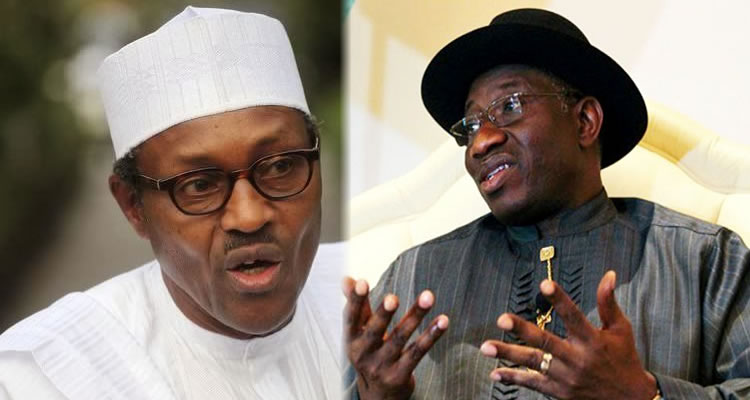IN ANCIENT Rome, Julius Caesar’s wife had dreamed about his assassination, while a soothsayer had warned him about the “Ides of March”. Both had a sense of foreboding. Caesar was killed in March 44BCE at a meeting of the Roman Senate.
The upcoming election in Nigeria seems to also have the bad omens of a Shakespearean tragedy.
There are signs that the inept administration of President Goodluck Jonathan is playing for time, having lost much support across the country.
It is a dangerous game of political poker that could threaten the stability of Africa’s largest economy, even as ethically challenged politicians from various parties continue to spread apathy across the country before the March 28 election.
If this poll were to be postponed again, such a development would surely revive the ghosts of the June 12 1993 crisis that took Nigeria to the brink of the abyss after the military government of Gen Ibrahim Babangida annulled an election in which 14-million Nigerians had participated. This was followed by five years of the brutal rule of Gen Sani Abacha.
The history of elections in Nigeria has often been one of fraud and violence: from the “Wild West” of the 1960s (when the western region burned after rigged elections) to the profligate Second Republic’s 1983 electoral charade, which the military regime of Muhammadu Buhari (Jonathan’s current main opposition) terminated four months later; from deeply flawed 1999 and 2003 polls to the sham 2007 election in which ballot boxes were stuffed and 200 people were killed.
The role of Nigeria’s military in the country’s politics has often been critical. Not only did a former general — Olusegun Obasanjo — rule as a civilian leader between 1999 and 2007, another general — Buhari — is now the main opposition leader, trying to win the presidency at the fourth attempt.
Nigeria’s “men on horseback” have ridden onto the national stage six times since 1966, often proclaiming themselves to be the guardians of national unity seeking to rescue the country from the grip of decadent, corrupt politicians.
From the regime of Babangida in 1985, the military, however, completely lost any moral credibility as it descended into an orgy of unbridled looting of the national Treasury. It became so discredited under Abacha’s tyrannical rule that it was shamed into returning to its barracks in 1999.
The Nigerian military has also prided itself on keeping the country together during a traumatic civil war (1967-70), and conducting peacekeeping operations abroad, from Somalia to Sierra Leone.
The current military is, however, a shadow of its former self. Some of its top leadership is widely perceived to be politically compromised amid allegations of corruption that has seen troops outgunned by Boko Haram militants, and soldiers deployed without proper equipment to United Nations peacekeeping missions in Liberia and Darfur.
The decay of such a vital national institution is perhaps the worst indictment of an errant Nigerian political elite that has inserted its snout so deeply into the national trough that it cannot even muster the will to protect its own most vital interests.
The dearth of outrage at the failure to protect Nigerian citizens from Boko Haram — which has killed more than 13,000 people — is unforgivable.
Along with allegations of widespread graft, this is the main reason Jonathan would struggle to win a second term in office in a free and fair election.
Nigeria, which often boasts of being a regional superpower, is revealing itself to be a giant with clay feet, a regional Gulliver whose troubles are being exposed by soldiers from Lilliputian Chad, Niger, and Cameroon, who are now helping Abuja to fulfil the most fundamental task of any government.
It was particularly dangerous to see Nigeria’s military service chiefs, who had helped Jonathan to postpone the February election, criticising Obasanjo as “an embarrassment” for accusing them of having been used by Jonathan.
The military top brass’s statement came just after Obasanjo had left the ruling Peoples Democratic Party following persistent criticism of Jonathan.
What business do military leaders have in appearing to insert themselves into partisan political disputes in a democratic order?
How will the middle ranks of a deeply divided Nigerian military respond to their compromised and politicised leadership?
As Nigeria approaches its date with destiny, Jonathan would do well to beware the ides of March and the ghosts of June.

